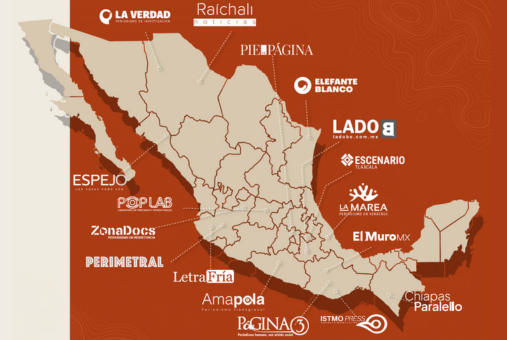
Seventeen independent media outlets from 12 Mexican states have formed the Territorial alliance to address challenges facing local journalism and reconnect with audiences.

Working from exile and inside Venezuela, journalists from 9 outlets and organizations collaborated to counter disinformation and protect one another while reporting under extreme risk.

LJR’s annual list spotlights 10 projects that tracked criminal economies in the Amazon, exposed abuses against migrants, countered online scams and celebrated a rock icon’s legacy.

During a recent webinar, journalists and scholars from northern Central America describe the threats and violence they face at home. For some, it’s led to exile, but not to giving up.
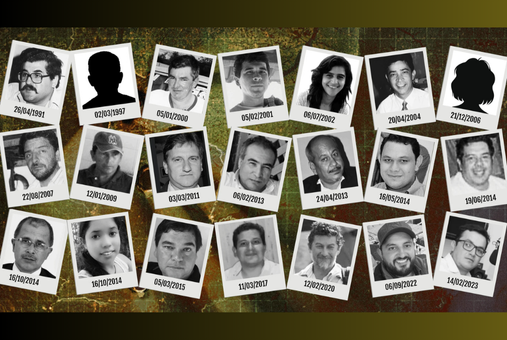
Corruption, infiltration of organized crime and negligence by authorities are constant in the murders of 19 journalists since 1991, according to Alianza Paraguay, a collaborative, cross-border project led by Forbidden Stories and OCCRP.
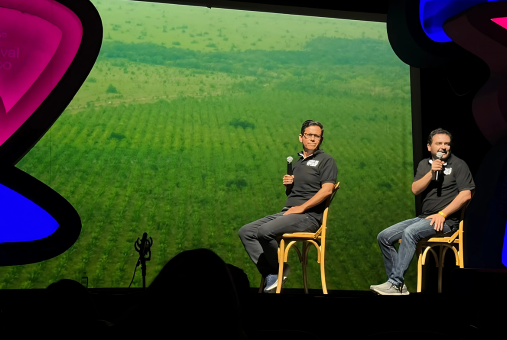
Mongabay Latam combined tech with shoe-leather reporting to find and report on clandestine airstrips and violence against Indigenous communities in the jungle. Now, it’s bringing those findings to the stage.

From AI tools to combat censorship and disinformation to international collaborations exposing cross-border crime, these 10 projects advanced journalism and made an impact on their communities.
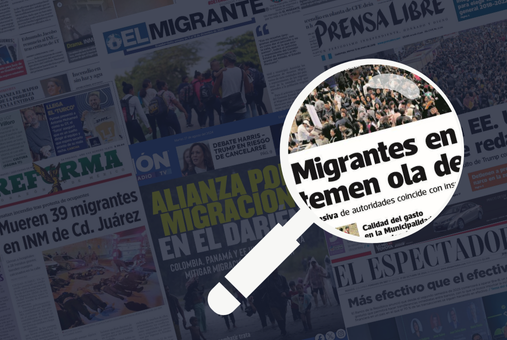
Collaboration, feminist perspectives, and newsroom diversity lead to better migration coverage, according to panelists at this year’s Migration Journalism Congress in Mérida, Spain.
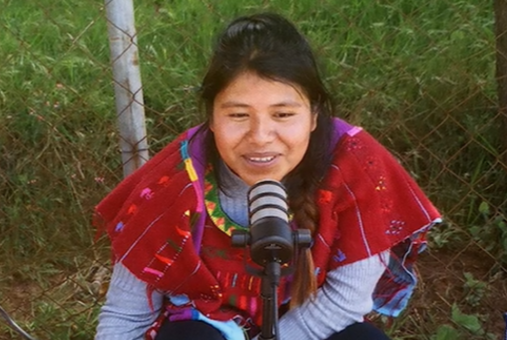
Nayelli López Reyes, a weaver and an activist, created a vivid podcast of courageous women speaking out against violence in their community.

Driven by a news vacuum in the Argentine provinces, Ruido was born three years ago. It’s a collaborative media outlet made up of journalists throughout the country that investigates corruption via requests for access to public data. Despite limited local transparency, its network of collaborators has managed to create stories with national impact on issues of public interest.

Thanks to the success of a crowdfunding campaign, the Mexican independent journalism production company Dromómanos not only avoided bankruptcy, but is strengthening its educational division as a source of income, as well as preparing a continental investigation into bank fraud.

Investigatour Amazonía, an initiative created by Convoca in Peru and replicated by Fundamedios in Ecuador, aims to encourage the training of journalists from Amazon regions. The focus is on data journalism, digital narratives and security so that journalists can develop in-depth stories on environmental conflicts and organized crime suffered by their communities.